
1. "Drown" by Junot Díaz


"I thought leaving home for college would be the hard part. As it turns out, the hard part was going back home to visit family and friends who, each year, seemed more distant. (I'm sure the feeling was mutual.) This distance between people who leave and people who stay is at the heart of Junot Díaz's short story 'Drown.' One friend goes to college, the other stays in their North Jersey hometown and despite their promises to stay in touch, life floods in like water, setting their friendship adrift. It's the kind of story that makes you want to look your old best friend up and say 'Hey, got time for a phone call?' which is really code for 'Let's give ourselves another chance. We are worth it.'" —Saeed Jones
2. "The Man on the Stairs" by Miranda July


"'The Man on the Stairs' will appeal to anyone who grew up watching teen horror movies or Dateline and became secretly but deeply convinced they would someday be murdered. It's an affirmation for the children who became adults who are still a tiny little bit afraid of the dark, or, more precisely, the sound of your cat using the litter box in the middle of the night which you swear sounds just like menacing feet shuffling through the next room.
The story comes from No One Belongs Here More Than You, a book about fantasy and social awkwardness and heartbreak, right in line with the rest of Miranda July's work. Read it after you finish something — a job, a degree, a relationship. It's a testament to the creativity that can spring from indulgent loneliness. It'll make you ache in the kind of twee way that may later make you want to cringe. Don't." —Jessica Testa
Where to read it: No One Belongs Here More Than You or online here
3. "Harrison Bergeron" by Kurt Vonnegut

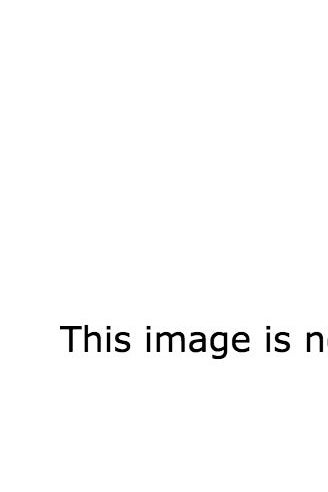
"'Harrison Bergeron' takes places in a dystopian society where everyone is supposed to be equal, so, to ensure that, the government makes exceptional people wear things to hinder them (so, for instance, attractive people wear masks, or distracting earphones to keep intelligent people from concentrating.) It definitely makes you appreciate your flaws, which, as a twentysomething, isn't always the easiest thing to do." —Julia Pugachevsky
Where to read it: Welcome to the Monkey House
4. "Rape Fantasies" by Margaret Atwood


"'Rape Fantasies' by Margaret Atwood is, in my own opinion, a masterpiece — but I actually think one of the reasons why it should be read is because of the wildly different responses and reactions that one can have to its dark humor and trope twisting. Conversation and dissent in reading have sometimes shaped me just as much as how much I love something." —Summer Anne Burton
Where to read it: Dancing Girls or online here
5. "Bettering Myself" by Ottessa Moshfegh


"It's the story of a woman who's just 30, and is divorced, is most likely an alcoholic, works as a teacher (a job she hates), and has a boyfriend who's still in college. The prose is whip smart. The narrator struggles to acknowledge that her life matters, that she's accountable whatsoever, because of how meaningless it all feels — her failed relationship, her students being subjected to standardized tests, the empty promises she makes herself. ('All good here,' I pretended to say. 'Just bettering myself, as always.')" —Sandra Allen
Where to read it: Online here
6. "Bullet in the Brain" by Tobias Wolff


"This is a story about regret — not the superficial regret of the morning after a night of drinking, but the unbearable realization that you have lived your life wrongly. This is not an emotion that people in their twenties feel very often, but that is precisely why this story is valuable to us. Implicitly, it poses a thought experiment: What if you were shot in the head this afternoon? What about twenty years from now? What would you remember, and what wouldn't you? Living your life in such a way that you are not horribly disgusted by the answers to those questions seems like a pretty good way of going about things." —Nicolás Medina Mora
Where to read it: The Night In Question or online here
7. "The Albertine Notes" by Rick Moody


"It's closer to novella territory, but Rick Moody's amazing 'The Albertine Notes' really cemented for me that fiction can approach real tragedies in ways that are different but just as impactful as nonfiction, and that felt like an important thing for me to learn in my twenties. I still think it's the best thing I've read that would fit into the tough category of post-9/11 literature." —Alison Willmore
Where to read it: Right Livelihoods
8. "The Displaced Person" by Flannery O'Connor


"The Displaced Person" is about what happens when a family of Polish refugees settles on a Georgia farm just after World War II. Mrs. McIntyre, the farm's proprietor, had asked a priest to bring a DP to work for her, and the story traces the escalating strains of resentment that follow his arrival. (Through it all, poor Mr. Guizac just minds his own business.) In a world where gunmen protect borders from children and teenagers get shot for knocking on doors, O'Connor's story — blackly funny, quietly heartbreaking — is more relevant than ever, and more necessary. —Raymond Sultan
Where to read it: A Good Man Is Hard to Find and Other Stories or online here
9. "Safari" by Jennifer Egan


"Sad and funny and poignant, it's a meditation on innocence, and how our lives are shaped by our parents and our childhoods. So Salinger, so good, but it's also much more. Egan's skill elevates it beyond comparison. I read it on the cusp of my thirties, a decade after I'd first read The Catcher In The Rye, and was left with a similar feeling. A terrible sadness, yet a sense of awe for Egan, and the thrill of having read something so affecting. Read it, but be warned, there will be tears." —Daniel Dalton
Where to read it: A Visit from the Goon Squad or online here
10. "Hills Like White Elephants" by Ernest Hemingway

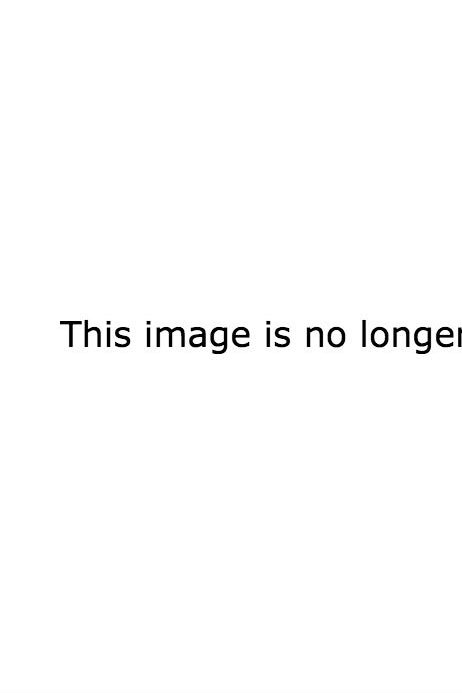
"[A]s an aspiring writer, it teaches you the art of storytelling and the 'iceberg' theory of telling a story. It taught me that nothing is ever really what it seems to be on the outside, and ... it also deals with love and the importance of communication between two people in a relationship. A relationship requires work and talking things through, as dark as the story is." —Candace Lowry
Where to read it: In The Complete Short Stories of Ernest Hemingway or online here
11. "Drinking Coffee Elsewhere" by ZZ Packer


"The title story in ZZ Packer's collection follows a black female first-year at Yale who struggles with alienation, sexual identity, and her mental health while away at school. Packer has a talent for articulating the ups and downs of awkwardness, disappointment, emotional pain, and social dyspepsia — bedfellows many twentysomethings know all too well." —Jessica Misener
Where to read it: Drinking Coffee Elsewhere or online here
12. "Tlön, Uqbar, Orbis Tertius" by Jorge Luis Borges


"Of course you should read any of Borges' short stories at pretty much any age, but your early twenties is definitely the time to have your head turned upside down, and I guess 'Tlön, Uqbar, Orbis Tertius' does that as well any. It got me completely hooked — the gleeful literary and philosophical messing about acts as an excellent gateway drug for the rest of Borges's work." —Tom Phillips
"I can't imagine reading Borges and not taking a moment to absorb the wonder of the universe." —Julia Furlan
Where to read it: Collected Fictions or online here
13. "Hollow" by Breece D'J Pancake
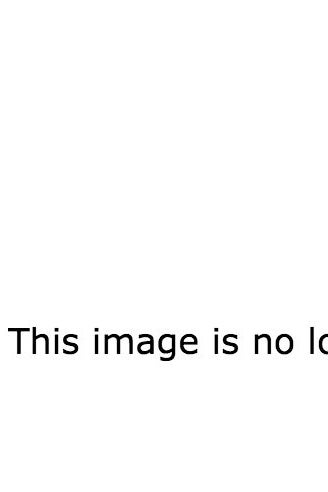

"Highlighting a hard, thankless life in a hard, thankless landscape, 'Hollow' is an absolute masterpiece of misery. Buddy is a coal miner on the verge of losing everything, toiling to empty out the ground as his life empties out all around him. To make matters worse, he is burdened with a difficult choice: to call a strike at the mine where he works, or keep quiet. The Stories of Breece D'J Pancake, in which his whole body of work is collected, is an essential read, and 'Hollow' in particular is the darkest, blackest, most glittering piece of coal in the entire book (published posthumously after the author took his own life)." —Isaac Fitzgerald
Where to read it: The Stories of Breece D'J Pancake or online here
14. "Real Estate" by Lorrie Moore


"Lorrie Moore's collection Birds in America considers a bunch of characters whose lives are a little lost or untethered, but are infinitely fascinating. 'Real Estate' is about a woman who is dying of cancer, who finds out that her husband is cheating on her, and must decide whether or not she's going to exact revenge before she dies. Kind of heavy stuff, but a super rewarding read." —Julie Gerstein
Where to read it: Birds of America
15. "The Lady of the Lake" by Bernard Malamud


"Henry Levin, an ambitious, handsome thirty, who walked the floors in Macy's book department wearing a white flower in his lapel, having recently come into a small inheritance, quit, and went abroad seeking romance." So begins Malamud's wry and yet ultimately devastating exploration of one of the central tenets of young adult life: the idea that, no matter who we are and where we come from, we can start over, we can make ourselves anew. The narrative's touch is too light to come firmly down on one side of this question or the other, but the way in which the protagonist's self-made fairy tale keeps butting up against the grimy reality of life in postwar Italy does suggest that finding a place in the world is far more fraught a process than the myth of the fresh start would have us believe. —R.S.
Where to read it: The Magic Barrel
16. "The Depressed Person" by David Foster Wallace
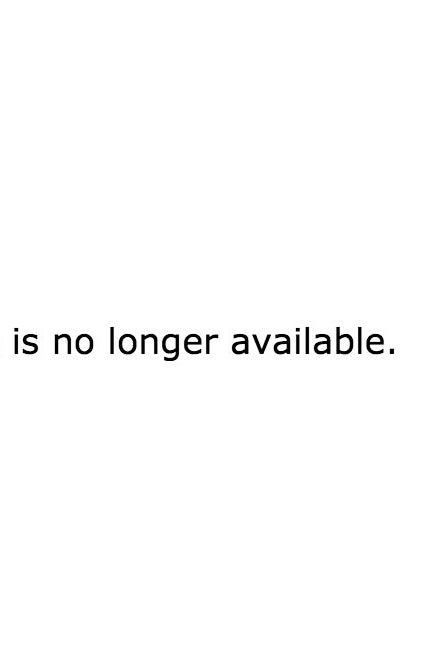

"David Foster Wallace's 'The Depressed Person' is a short read, but by no means a light one; it is, to my reading, the most accurate depiction of what it's like to live with a depression. It's essential for anyone who either suffers from depression and is looking for a voice that understands, or anyone who cares about a depressed person and wants an idea of what's going on in their heads. So, really — and especially in your twenties when bouts of depression start to crop up — it's for everyone. For me, it's always been strangely cathartic." —Arianna Rebolini
Where to read it: Brief Interviews with Hideous Men
17. "Madison at Guignol" by Joyce Carol Oates

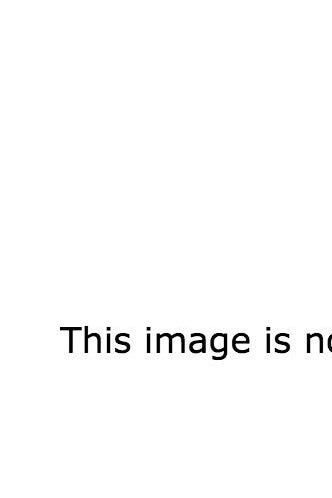
"It might not be a terribly kind portrayal of women/aging in general (to put it mildly), but Joyce Carol Oates's 'Madison at Guignol' from The Female of the Species is still about a very real fear and, I think, a cautionary tale of what NOT to be and what to actively speak out against. It scared me and I think about it every time I pass a mannequin display." —Alex Alvarez
Where to read it: The Female of the Species: Tales of Mystery and Suspense or online with free registration here
18. "The Dead" by James Joyce


"What strikes me most about 'The Dead' is how deftly it replicates the indefatigable experience of wading through social interactions, burdened by ego and by doubt. Little happens. Even the ending, its realization, is relatively small, and yet remains one of the largest, most haunting paragraphs I've ever read. Rereading the story, dissecting it, you realize the story is a tapestry and not a thread is extraneous." —Sandra Allen
19. "Interpreter of Maladies" by Jhumpa Lahiri


"'Interpreter of Maladies'" just broke my heart into tiny pieces and is such a strong exercise in empathy and the cavernous divide between you and everyone you project your feelings onto." —Summer Anne Burton
Where to read it: Interpreter of Maladies or online here
20. "All Summer in a Day" by Ray Bradbury


"I read this in seventh grade and it has stuck with me more than any other short story ever has. I think of it almost every time that it rains because I remember that even if it sucks if it's raining right now, at least I know it will stop relatively soon, and I feel better. But what really struck me about this story was the poor little girl, bullied and locked in the closet. I was never locked in a closet, but I was shoved into lockers, put in a trash can, and forced to go to a Bar Mitzvah in my sneakers because someone had hidden my fancy shoes at the pre-party sleepover. Long before Lady Gaga and President Obama spoke out against bullying, Ray Bradbury wrote this story." —Deena Shanker
Where to read it: The Stories of Ray Bradbury or online here
21. "Letter to a Young Lady in Paris," "House Taken Over," and "Continuity of Parks" by Julio Cortázar


"These stories open your eyes to the fact that there are different possible ways of perceiving the world, that not all of them are strictly logical, and that sometimes you can control them and others you can't. It's more or less the premise of surrealism, but far more understated and precise. The stories are also beautiful in an unnerving way." —David Noriega
Where to read them: Blow-Up: And Other Stories
22. "Tiny, Smiling Daddy" by Mary Gaitskill
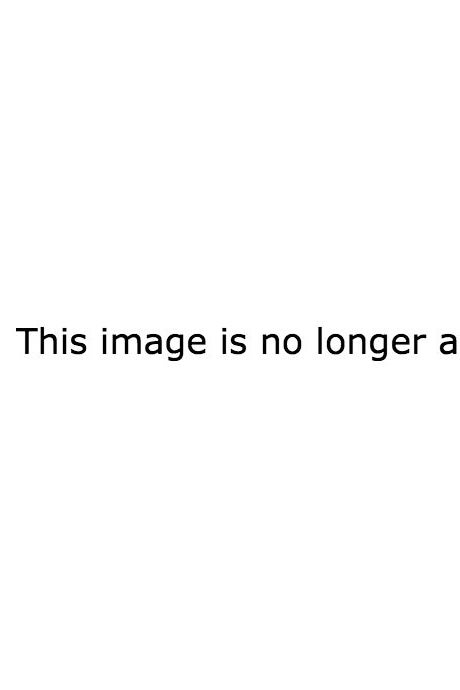

"This story has always stayed with me because it's hilarious and heartbreaking, despite being about a homophobic, sexist father named Stew. When Stew discovers that his lesbian daughter, Kitty, has just written a piece about coming out for a magazine, he immediately drives to the store to buy an issue. On the way, he rehashes their relationship, and we begin to understand that Stew has all but pushed his daughter away after years of emotional abuse, and deserves any lampooning she throws his way. You feel sorry for this man, who is so blinded by his own ego that he can't see why he's lost his daughter, and also happy to think that he's about to get what's coming to him." —Erin La Rosa
Where to read it: Because They Wanted To or online here
23. "A Perfect Day for Bananafish" by J.D. Salinger


"A Perfect Day for Bananafish" is one of those short stories that everyone has read at some time or another — in high school, probably — and still thinks of as great without quite being able to remember why. Part of it, I think, is the tension between the matter-of-fact lightness of Salinger's prose and the gut-punch impact of the plot; this thing leaves your ears ringing without ever once having raised its voice. But the reason I keep going back to it is the hauntingly concise way in which it captures one of the lasting lessons of my twenties: That at the end of the day, we never really know what other people are thinking. —R.S.
Where to read it: Nine Stories or online here
24. "Brokeback Mountain" by Annie Proulx

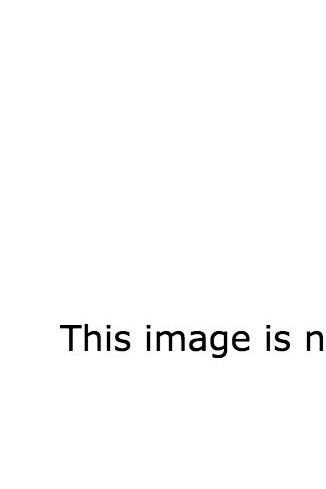
"I first read 'Brokeback Mountain' when I was 11, in the New Yorker, because my mom liked it and I would read all her old magazines. At the time lot of it went over my head, and it wasn't until the movie came out and I reread it as an adult that I really got it. It's the purest, most honest, and real depiction of lost love I've ever read. It's so perfectly sweet and tragic at the same time, and somehow epic in its short span. It makes my heart ache just thinking about it." —Adam Ellis
Where to read it: Close Range: Wyoming Stories
25. "Grand Stand-In" by Kevin Wilson
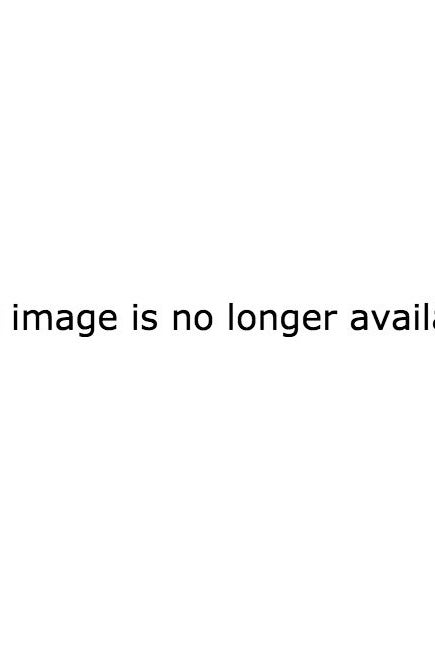

"Is there anything more important to consider in your twenties than the changing role of family in your life? This story follows a woman who works as a grandma for hire and what happens when she 'adopts' a new family whose matriarch is still alive and well. It's haunting to think about what happens when your grandparents won't be around any longer, but it's even more chilling to think about what you would feel like if you found out the woman who spoiled you the most was just pretending and filling out carefully managed expense reports to your parents." —Myles Tanzer
Where to read it: Tunneling to the Center of the Earth
26. "They're Made out of Meat" by Terry Bisson


"Whenever I get lost in the miniscule bologna of day-to-day worries, I like reading 'They're Made Out of Meat' by Terry Bisson. It's written from the perspective of aliens who just see humans as piles of weird talking meat, and it's a nice reminder that we are, in fact, compilations of meat and all of our emotions are electric currents in a mass of consolidated noodles. Then everything stupid I've been worrying about stops mattering." —Kasia Galazka
Where to read it: Bears Discover Fire or online here
27. "The Yellow Wallpaper" by Charlotte Perkins Gilman


"Gilman illustrates the depths to which women were controlled, manipulated, and oppressed regarding society's attitudes towards mental health and women's roles in general. Most importantly, she does so from the actual perspective of a woman, not from a male author trying to write about women. 'The Yellow Wallpaper' changed how I think about gender roles, history, and its impact on literature as a whole." —Krystie Yandoli
Where to read it: The Yellow Wall-Paper, Herland, and Selected Writings or online here
28. "All at One Point" by Italo Calvino


"All at One Point" is a very short story that imagines where we all come from in the most literal sense: Its setting is the single point before the Big Bang, and its characters are... particles? The conceit is a strange and dislocating one, and much of the breezy first-person narration is given over to unpacking its logic: "I say 'packed like sardines,' using a literary image: in reality there wasn't even space to pack us into. Every point of each of us coincided with every point of each of the others in a single point, which was where we all were."
I won't spoil what actually ends up happening. But I will say that the vision of the universe with which the story ends — the achingly tender memory we're left with on the other side of this peculiar thing — is so unexpected, so disarmingly lovely, that I have never, ever stopped thinking about it. Calvino puts your brain through gymnastics, sure. But he ends up going right for your heart. —R.S.
Where to read it: Cosmicomics or online here


